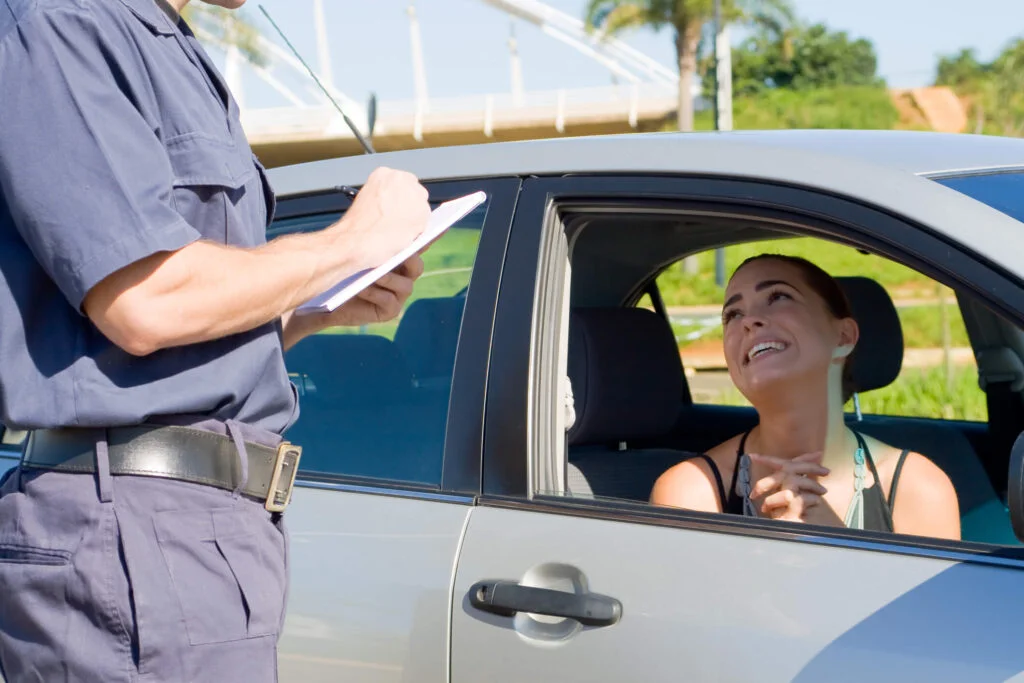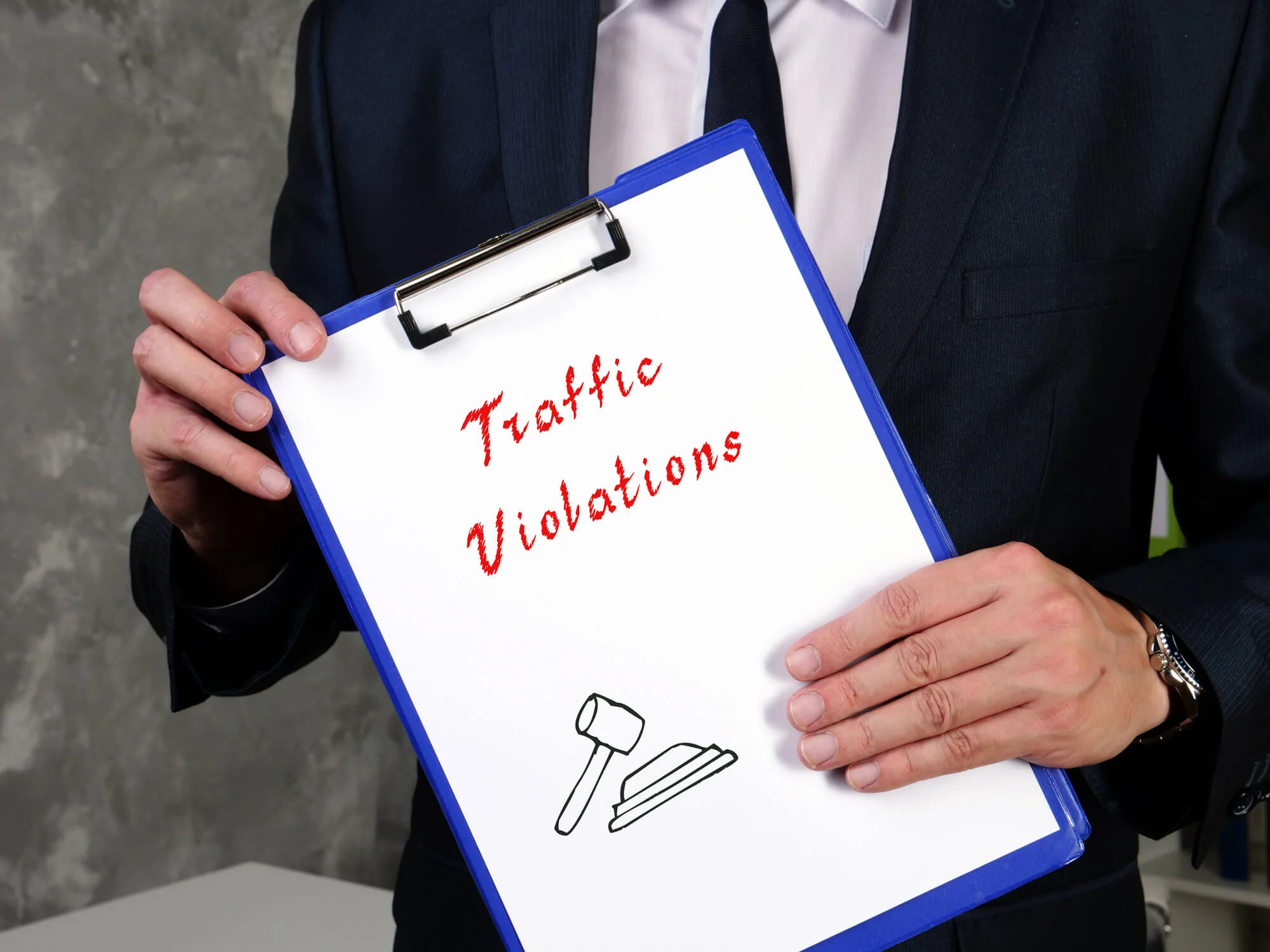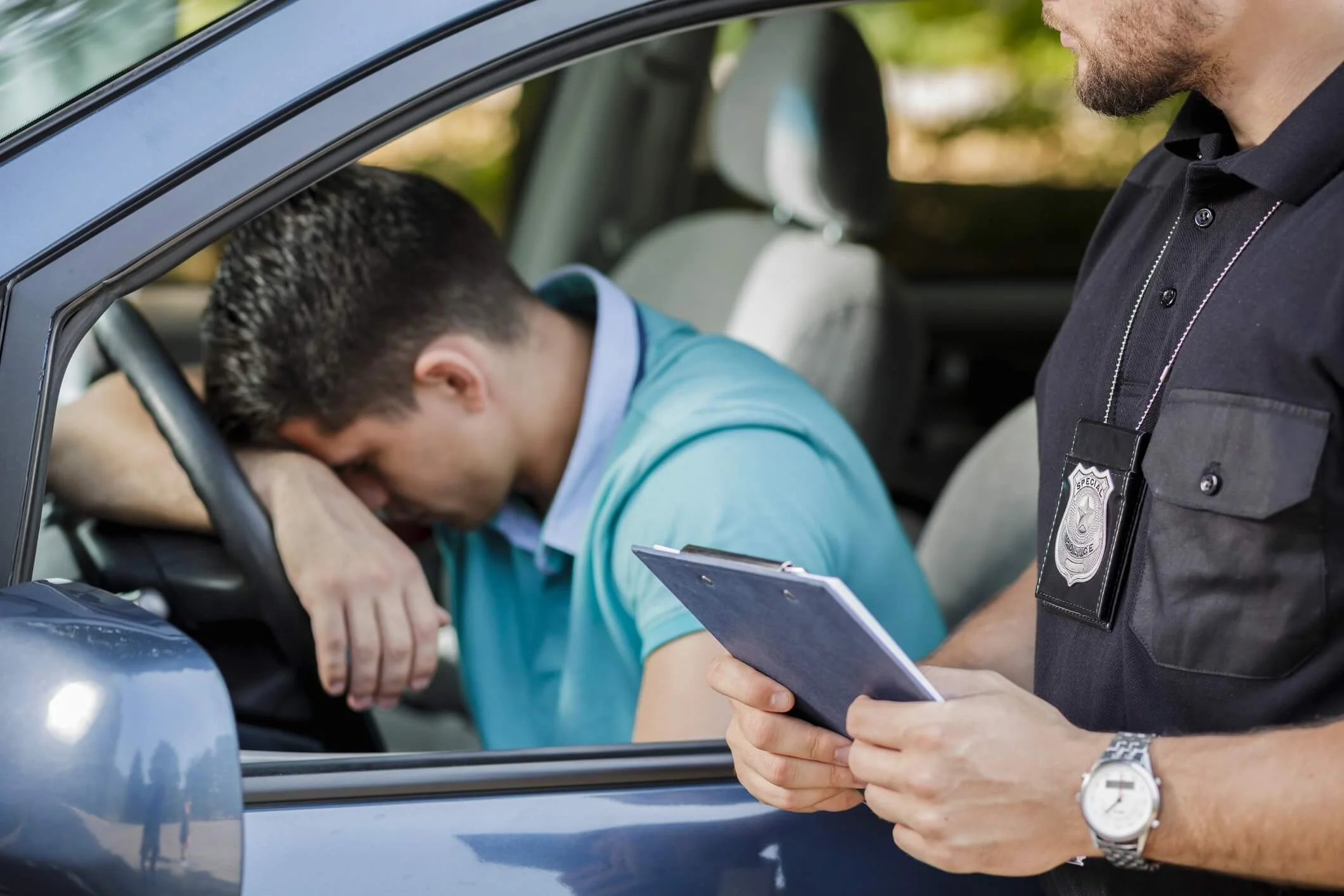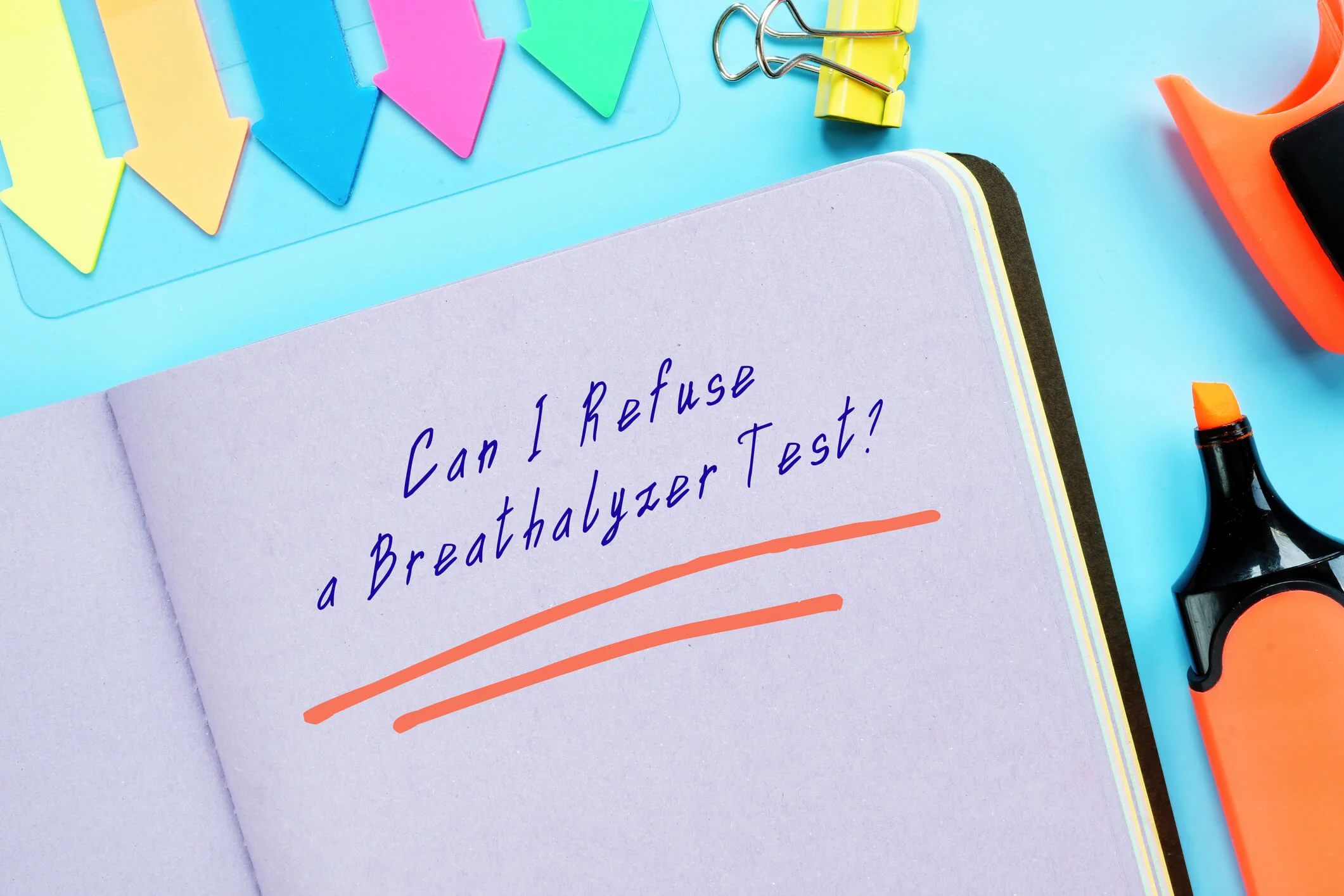Traffic violations are among the most common legal issues that drivers in North Carolina face. Whether it’s a speeding ticket, running a red light, or a more serious traffic offense like reckless driving, many people are left wondering: Is a traffic violation a crime in North Carolina? The answer is complex and depends on the type of offense, the circumstances of the case, and your prior driving record. Understanding the rules, regulations, and penalties associated with each motor vehicle offense is crucial for protecting your rights and ensuring road safety. Knowing your legal options, where to seek accurate information, and when to schedule a legal consultation can make all the difference in the outcome of your case.
At Constantinou & Burkert Accident Injury Lawyers, we understand how confusing the legal system can be when it comes to traffic violations, misdemeanors, and infractions. Our experienced team in Charlotte and across Mecklenburg County is here to explain the law, defend your rights, and help you understand your legal options. From your initial consultation at our office to the penalty phase and beyond, we provide clear guidance every step of the way. Whether you’re facing charges due to reasons such as speeding, reckless driving, or license suspension, we are here to offer strategic counsel. Additionally, we outline the following steps to protect your driving record and your future.
Types of Traffic Violations in North Carolina
North Carolina classifies traffic offenses into infractions, misdemeanors, and felonies. Not every traffic violation is a crime, but some certainly are. The difference can significantly impact your driving record, insurance, license, and even your freedom. Factors such as being under the influence of alcohol, disregarding traffic laws, or leaving the scene of an accident can escalate a simple charge to a criminal level. Cases may require appearances at the courthouse, and handling them properly—whether by phone consultation or in person—can make a significant difference. Our firm can advise you on the best ways to approach these serious matters.
Infractions
A traffic infraction is the lowest level of violation. These are non-criminal offenses and typically result in a fine and license points but no jail time. Common examples include:
1. Speeding less than 15 mph over the speed limit
2. Rolling through a stop sign
3. Driving with an expired registration
4. Failure to use turn signals or faulty vehicle equipment
While not considered crimes, infractions still have consequences. They can raise your insurance rates, add points to your driver’s license, and, in some cases, lead to license suspension if points accumulate. For every client, it’s essential to understand the procedure and take immediate action to avoid long-term punishments. One common reason drivers face escalating consequences is a lack of understanding about how the point system works. Knowing where to turn for guidance can make a significant difference—many people seek out experienced traffic lawyers in Durham, NC, to help interpret the rules, provide advice, and offer support through the process. With the proper knowledge and a clear path forward, drivers and families can make informed decisions and better protect their driving records.
Misdemeanors
More serious traffic violations may be classified as misdemeanors. These criminal offenses can result in a conviction, jail sentence, increased fines, and long-term damage to your driving record and insurance status.
Standard misdemeanor traffic charges include:
Reckless driving
Driving without a valid license
Speeding more than 15 mph over the limit in a zone over 55 mph
Aggressive driving
Certain DWI charges (Driving While Impaired)
Misdemeanors are further classified by class. For instance:
Class 2 misdemeanors may result in up to 60 days in jail and significant fines.
Class 3 misdemeanors include offenses such as expired inspections or minor equipment violations.
These charges are not just minor annoyances. They appear on your criminal record, affect your license points, and can even limit employment opportunities for drivers, especially those with commercial licenses. Individuals facing impaired driving charges often benefit from knowledgeable DWI defense in Durham, where local experience with the courts and statutes can significantly impact the outcome.
Felonies
While rare, some traffic offenses rise to the level of felony crimes in North Carolina. Examples of felonies related to driving include:
Hit and run involving injury or death
Habitual DWI convictions
Fleeing to elude law enforcement officers
Vehicular manslaughter or causing serious injury in a crash while intoxicated
A felony conviction can lead to lengthy prison sentences, loss of civil rights, license suspension, and other severe penalties. The impact on your life can be devastating—especially if others were injured or if there is property damage.
Understanding the Point System and DMV Consequences
North Carolina operates a license point and insurance point system. Each violation adds points to your driver’s license, and accumulating too many points within a specific period can trigger DMV-imposed suspension. This system applies to both license and insurance points, meaning violations can impact your record and your wallet. Higher speeds, repeat offenses, or a failure to use caution can lead to even more severe outcomes. If you’re unsure how these points affect you, don’t hesitate to call our office or reach out through our contact form. You’ll find more detailed information on this topic throughout our blog, where we explain each name and category of traffic violation.
Driver’s License Points
Examples of license points:
1. Reckless driving – 4 points
2. Passing a stopped school bus – 5 points
3. Speeding over 55 mph – 3 points
4. Running a red light – 3 points
Insurance Points
Insurance points, on the other hand, affect how much you pay for car insurance. Even a single speeding ticket can increase your insurance rates by 25% or more. Multiple violations have a cumulative impact, resulting in higher premiums and limited coverage options.
Traffic Tickets and the Legal Process
After receiving a traffic ticket, drivers must decide how to respond. Some may pay the fine and move on. However, paying a ticket is an admission of guilt that can have long-term consequences.
Your Options
Once you receive a traffic citation, your options include:
Pay the fine and accept the penalties
Request a court date and appear before a traffic court
Hire an attorney to handle your case and fight the charges
Our firm frequently represents clients in court, sometimes appearing on their behalf to challenge charges or negotiate more favorable outcomes. This can mean avoiding license suspension, reducing the number of points, or having the case dismissed altogether.
The Role of an Attorney
A skilled lawyer makes a significant difference in how your traffic violation is handled. At Constantinou & Burkert Accident Injury Lawyers, our team offers aggressive representation for clients facing all types of traffic offenses—from routine traffic tickets to complex DWI and felony matters.
Why Legal Help Matters
1. We evaluate the facts of your case
2. Analyze your driving record
3. Challenge unlawful stops or faulty equipment citations
4. Examine statute and jurisdiction for errors
5. Build a defense for reducing or dismissing charges
Many of our clients avoid jail, save money on insurance, and maintain their driver’s licenses thanks to our guidance and courtroom advocacy.
Real-world Examples and Circumstances

Learn whether a traffic offense is a criminal matter in North Carolina with guidance from Constantinou and Burkert Accident Injury Lawyers in Durham NC
Let’s consider some examples of how these issues arise:
Example 1: A person gets pulled over for speeding 20 mph over the limit and receives a Class 2 misdemeanor. Without legal help, they could face up to 60 days in jail, receive points, and experience significant insurance consequences.
Example 2: A driver runs a red light, causes an accident, and is cited with reckless driving and failure to yield. They could face multiple charges, court costs, and even a license suspension.
Example 3: Someone gets arrested for DWI, their second in five years. The severity of the situation escalates to a felony, risking prison and having a lifelong impact on employment and driving privileges.
The Impact on Your Life
A single traffic violation might not seem like a big deal, but multiple infractions, misdemeanors, or DWI convictions can compound. Your record, license, insurance, and even your employment can be jeopardized—especially for individuals who drive for work.
Add to that the court costs, time off work, dealing with the DMV, and the potential embarrassment of showing up at the courthouse—and it becomes clear that professional assistance is the best way to manage your case.
We Fight for Your Rights and Results
Whether you’re in Charlotte, Mecklenburg County, or anywhere across North Carolina, Constantinou & Burkert Accident Injury Lawyers can help. We handle traffic-related crimes, infractions, and violations with experience, strategy, and dedication.
When you work with our PLLC, you get:
1. Direct access to your attorney
2. Step-by-step guidance through the process
3. Honest advice about your rights, outcome, and options
4. Aggressive defense in court
From reviewing your driving record to crafting the best possible defenses, we’re here to protect your future.
Contact Us Today
Don’t wait for the system to make decisions about your life, your driver’s license, or your insurance rates. At Constantinou & Burkert Accident Injury Lawyers, we understand how stressful and confusing traffic violations can be—especially when they threaten your record, driving privileges, or financial future. Whether you’re facing minor traffic infractions or serious DWI charges or need reliable assistance with a routine traffic ticket, our experienced legal team is here to help.
Frequently Asked Questions
Can I go to jail for a traffic violation in North Carolina?
Yes, you can go to jail for certain traffic violations, especially those classified as misdemeanors or felonies. Examples include reckless driving, DWI, and fleeing to elude law enforcement. Infractions, however, do not carry jail time.
What happens if I ignore a traffic ticket in North Carolina?
Ignoring a traffic ticket can lead to serious consequences, including a suspended license, additional fines, a default judgment against you in court, and even a warrant for your arrest in some instances.
Can I contest a traffic ticket without appearing in court?
In many cases, yes. North Carolina allows attorneys to appear on behalf of clients for certain traffic matters, and some minor infractions may be handled through waivers or online resolution.
How long do traffic violations stay on my record in North Carolina?
Most traffic violations remain on your driving record for at least three years. More serious offenses, such as DWIs or felonies, can stay on your record permanently or for significantly more extended periods.
What is the difference between a moving and non-moving violation?
Moving violations occur while the vehicle is in motion (e.g., speeding or running a red light). Non-moving violations involve stationary issues (e.g., parking illegally, expired registration). Moving violations typically carry harsher penalties and more severe point consequences.
Can I lose my commercial driver’s license (CDL) over a traffic violation?
Yes. CDL holders are held to higher standards, and certain violations—such as DWI, reckless driving, or multiple speeding offenses—can result in disqualification or suspension of a CDL, even if committed in a personal vehicle.
Do I need a lawyer for a simple speeding ticket?
While it’s not legally required, hiring a lawyer can reduce penalties, prevent license points, and potentially result in the charge being dismissed. This is especially helpful if you have a prior record or drive for work.
Will a traffic violation affect my car insurance?
Yes. Insurance companies often raise premiums based on traffic violations. Even a single ticket can cause rates to increase by 20–30%, and multiple violations can have a cumulative effect.
What if I receive a traffic ticket while driving out of state?
North Carolina participates in the Driver License Compact, meaning out-of-state violations are reported back and can affect your NC driving record. You may still face points, fines, and insurance increases.
Can a traffic lawyer get my ticket dismissed?
It depends on the circumstances, but yes—experienced traffic attorneys often succeed in getting tickets reduced or dismissed by identifying procedural errors, negotiating with prosecutors, or demonstrating mitigating factors.



